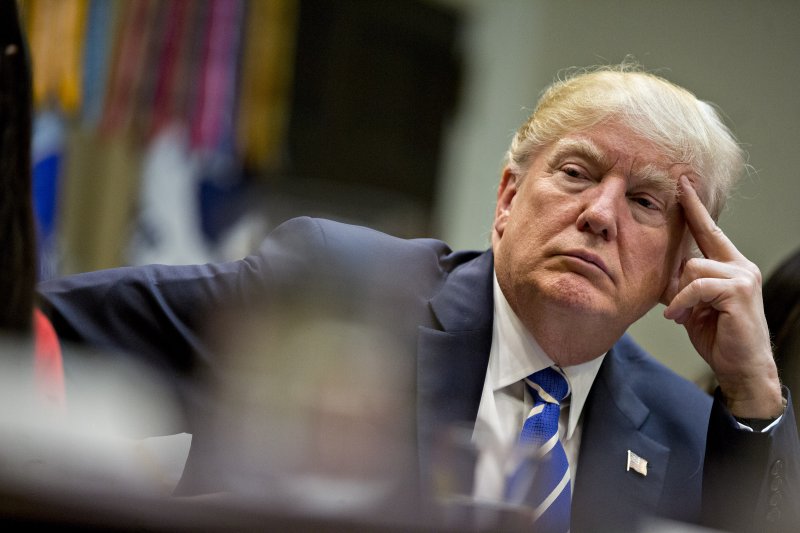
Bolsonaro has been painting the town red. He has a paintbrush in his hand and a ladder named Trump. If the ladder falls, he will be left hanging by his brush, which is impossible.
The pandemic is currently the main topic of public debate in the United States, and it is responsible for the plunge in President Donald Trump’s approval rating. The series of polls conducted by different organizations have been showing a steady decline in approval of his administration. Furthermore, just under three months remain until the presidential election. For Trump to become the favorite – which he no longer is – the pandemic would need to be controlled and the economy would need to function minimally. There are no clear signs of when that could happen.
In the 2016 election, Trump lost the popular vote by a margin of approximately 3 million votes, half of which was due to California’s votes. Since in the U.S. the popular vote elects delegates by state, from time to time the candidate with the most votes ends up not winning the Electoral College.* It is somewhat rare and very strange for us, because of our direct election of the president.
The U.S. is a country that is divided into three types of states: states where Democrats have certain victory, states where Republican candidates have certain victory and states that swing. Everyone knows that Joe Biden will win in California, but no one knows who will win Florida’s electoral votes. Trump defeated Hillary Clinton simply because he won in those states that change their votes according to the circumstances, which North Americans call swing states.
Now, in 2020, these states are favoring the Democratic candidate, according to regional polls. The bad news for Trump (and Jair Bolsonaro) does not end there. Texas is considered a sure state for Republicans, however, in the last 10 years, it has been receiving many Latino immigrants that are poorer than non-immigrant whites. As a result, votes for the two parties are slowly getting closer to each other. In the last election for a Senate seat in that state, Beto O’Rourke lost to the Republican candidate by a very small margin. The current polls attest to a technical tie between Trump and Biden in that region, which was once one of the main examples of the conservative vote in the U.S.
Narrow popular votes are the trademark of the presidential race in that country. That is why it is necessary to be prudent with respect to predictions of victory. The most that can be said is that if the election were held today, Biden’s chances of winning would be immense, more than Clinton’s 70% in 2016.
On Nov. 3, we will find out if Bolsonaro will lose his main international ally. Conservative Republican politician John R. Bolton recently declared that our president should open a channel of communication with Biden. It’s evident that his recommendation was not made by chance. Bolton is responsible; he does not want his country to be jeopardized by a bad relationship between Bolsonaro and the most likely future president of the U.S.
*Editor’s note: The United States selects its president through the Electoral College system. There are 538 electors appointed by each state, and the number of electors each state gets equals the total number of senators (always two) and the number of its representatives in Congress. An absolute majority of at least 270 electoral votes is required to win the election. The winner of the statewide vote receives all of that state’s electoral votes, except in Maine and Nebraska where the winner of each congressional district wins one electoral vote, and the winner of the statewide vote wins the states’ remaining two Senate electoral votes.

Leave a Reply
You must be logged in to post a comment.